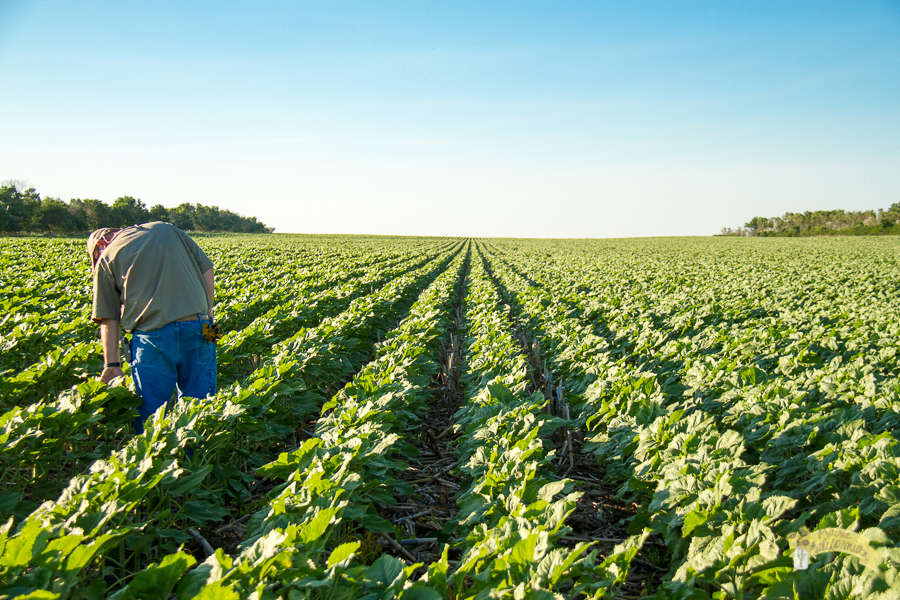
What on earth is an agronomist?
An agronomist is a specialist who applies scientific knowledge and strategies to the management and production of crops. Agronomists work in a variety of settings, from farms and ranches to governing administration organizations and personal businesses. They might also work in research laboratories or teach at colleges and universities.
Most agronomists have no less than a bachelor's diploma in agronomy or maybe a relevant area, like agricultural science or soil science. Many agronomists even have master's degrees or doctorates. The exact nature of an agronomist's career is dependent upon their specialty and employer.
Agronomists play a significant part in ensuring that crops are healthier and productive. They use their knowledge of plant science to create techniques to further improve crop yield, fight pests and diseases, and preserve water together with other resources.
The position of the agronomist
is to help the earth meet its rising food production requirements. Based on agronomists the U.S. Bureau of Labor Studies (BLS), employment for agronomists is predicted to expand a lot quicker than average, with openings as a consequence of progress and substitution needs.
The work of the agronomist
is difficult and fulfilling, with agronomists frequently becoming involved with research and training.
The education of an agronomist
Agronomists will need at the very least a bachelor's diploma in agronomy or related area from an accredited uni.
The way forward for agronomy
Agronomists help to make sure that the earth's population has enough foods, they usually work to enhance crop yields and lessen agriculture's influence on the environment. The BLS says that agronomists are in demand, but Levels of competition for Work more info opportunities is probably going to be strong.
Conclusion
Agronomists are concerned with view more the review of crops, they usually work in a variety of fields, from agricultural study to boosting crops. Agronomists are essential to make certain that crops are produced for consumption, but they also help create biofuels and also other plant-based goods.